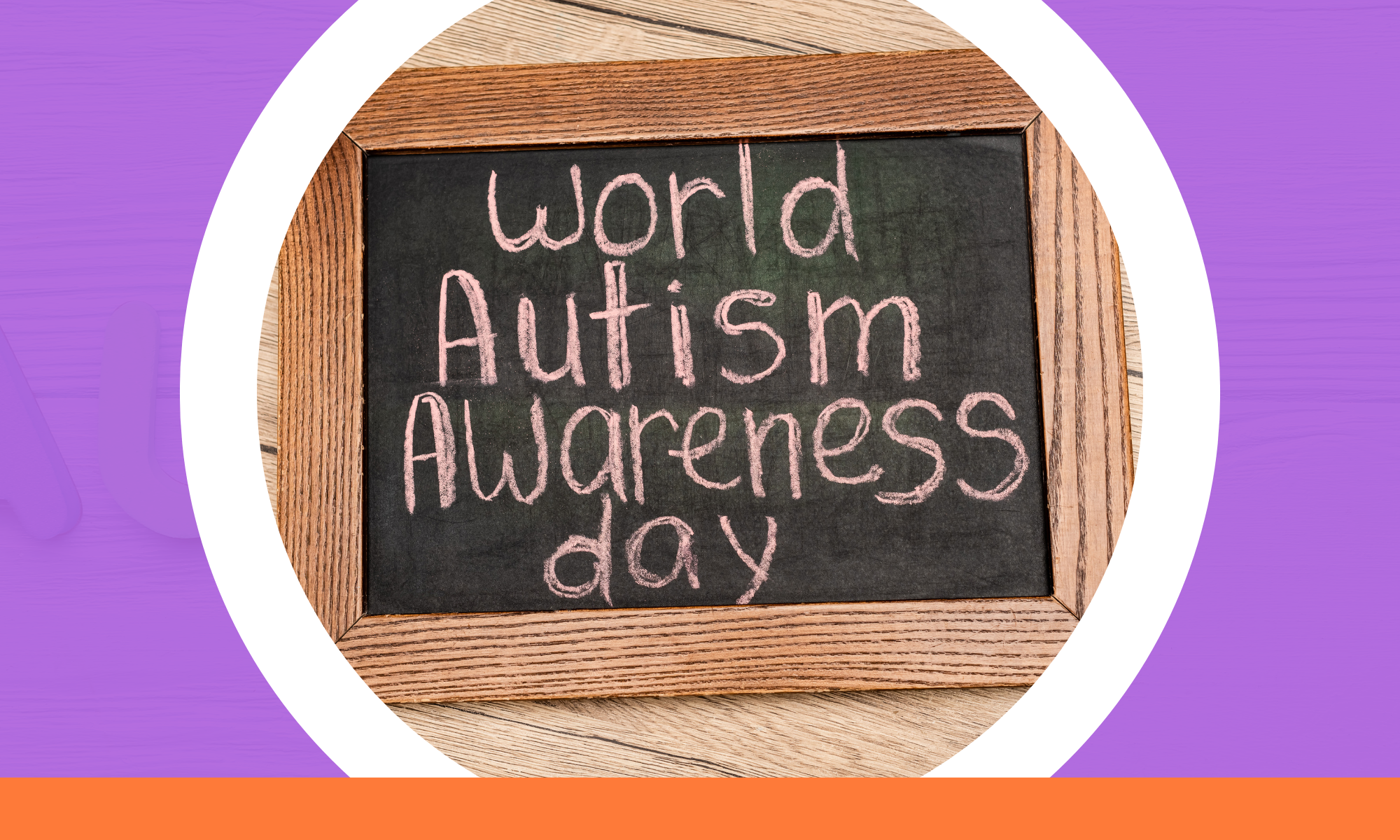Autism is a neurodevelopmental disorder characterised by differences in social interaction, communication, and self-expression behaviours that presents as unique complexities. As the prevalence of autism continues to rise globally, the need for informed, compassionate, and effective support from healthcare professionals becomes ever more paramount. Clinicians and physicians are an important factor in understanding and addressing the diverse needs of individuals.
According to Ireland’s National Autism Charity, around 3.3% of people in Ireland are autistic.
Four times as many males have autism (79%) compared with females (21%), and this gender disparity is more pronounced in younger ages, according to the NASS Autism Supplementary Report 2020.
By staying informed about the latest research and diagnostic criteria, clinicians and physicians play a central role in the comprehensive assessment, diagnosis, and ongoing evaluation of autism. Through their comprehensive understanding of autism, which includes recognising the diverse range of presentations within the spectrum, from mild to severe, and understanding the associated strengths and challenges, they pave the way for better support and care.
Diagnostic Tools
The DSM
The Diagnostic and Statistical Manual of Mental Disorders is one of the most widely used diagnostic guides for autism by healthcare professionals across the world.
The ICD-11
The International Classification of Diseases (Version 11). This is seen as the global standard for coding health information and causes of death.
The ADOS
The Autism Diagnostic Observation Schedule is a semi-structured observational assessment of social communication and behaviour such as play-based observation.
The ADI-R
The Autism Diagnostic Interview-Revised. Usually an interview conducted with the parents of individuals who have been referred for assessment.
Diagnosis Assessment can be acquired in two ways – Publicly through the HSE or Privately
Publicly:
The Health Service Executive (HSE) in Ireland provides autism-specific services, including assessment, diagnosis, and intervention. They explain how to help your child with day to day life, advice about medicine and medical problems and how to help their behaviour, as well as other forms of advice.
Privately:
Here at Autism Assessment Centre, when there is a question about your child’s behaviour, we understand how important knowledge and trusted guidance can be. Whether there is a diagnosis or not, we will always take time to walk you through the process of getting help for your child. Our services include a multidisciplinary/ multi-factor assessment that results in a report and feedback session to guide you to the next steps.
Autism Assessment Centre:
• Our client-centred approach allows us to educate, assess, and support your needs directly.
• We can facilitate a full range of services that adapt to specific needs, organised in an efficient manner.
• We understand your world, we speak your language.
• With the right people and the right skills and knowledge, we are ready to support you.
Jennifer O’Neill, Specialist Services Manager/ Autism Assessment Centre says:
As the manager of our Specialist Services department, I see my role not just as a profession but as a deeply rewarding experience of support and understanding. I take immense joy in being part of the journey for children and families as they strive to achieve their goals.
In our Autism Assessment Centers across Ireland, collaboration is the cornerstone of our approach. We recognise the importance of working closely with parents, caregivers, and educators to ensure seamless support for each child’s development.
Our team’s specialised expertise in autism is pivotal in conducting thorough and accurate assessments, which serve as the crucial first step in a child’s journey. Clinicians are the driving force behind this process, utilising their skills and knowledge to provide insightful evaluations that guide families towards the most appropriate interventions and support services.
Our assessments pave the way for children to access the early interventions and support they need to thrive. I deeply appreciate and recognise the vital role that clinicians play in this journey, as their dedication and expertise significantly contribute to positive outcomes for the children and families we serve.
1. Care After Diagnosis
Clinicians and psychologists play a key role in care after diagnosis. This may include cognitive-behavioural therapy (CBT), social skills training, and sensory integration therapy, among others. Clinicians and psychologists collaborate closely with individuals and their families to identify goals, address specific challenges, and monitor progress over time.
2. Collaborative Care
Effective support for individuals with autism often requires a multidisciplinary approach that extends beyond the healthcare setting. Clinicians and physicians can facilitate collaboration with educators, therapists, and community resources to ensure comprehensive care that addresses the unique needs of each individual. By fostering partnerships with other professionals and advocating for inclusive practices, they can contribute to improved outcomes and enhanced quality of life for individuals.
In the complex landscape of autism, clinicians and physicians serve as crucial allies, playing a key role in developing and implementing the above approaches. Through their knowledge of autism, multidisciplinary methods, and collaborating closely with individuals and their families, they serve as indispensable pillars of support, understanding, and advocacy. By fostering a holistic approach that considers the unique strengths and challenges of each individual, they contribute to a more inclusive and supportive society encompassing compassion, empathy, and dedication. This empowers individuals to thrive and reach their full potential.










